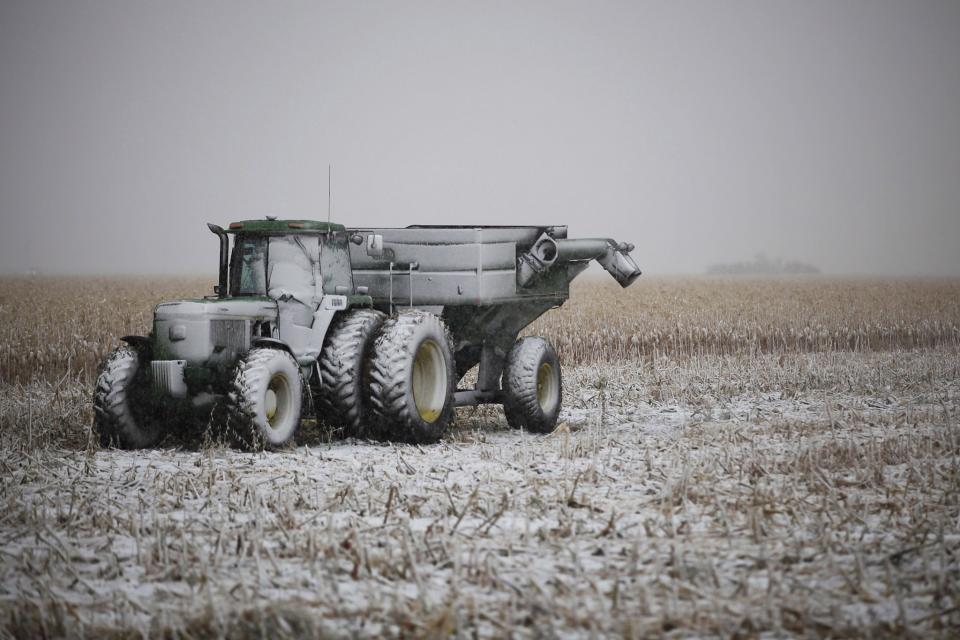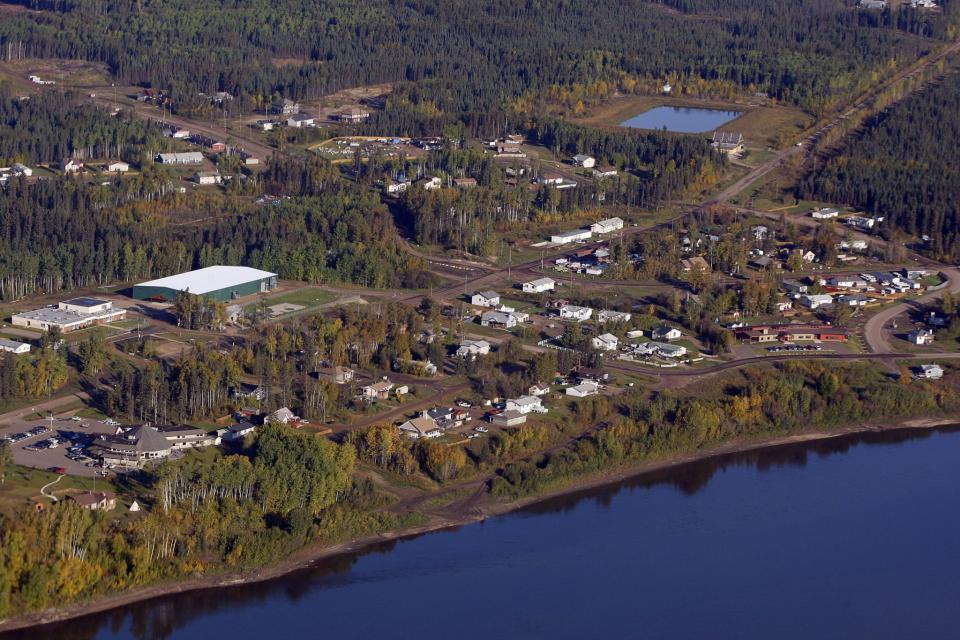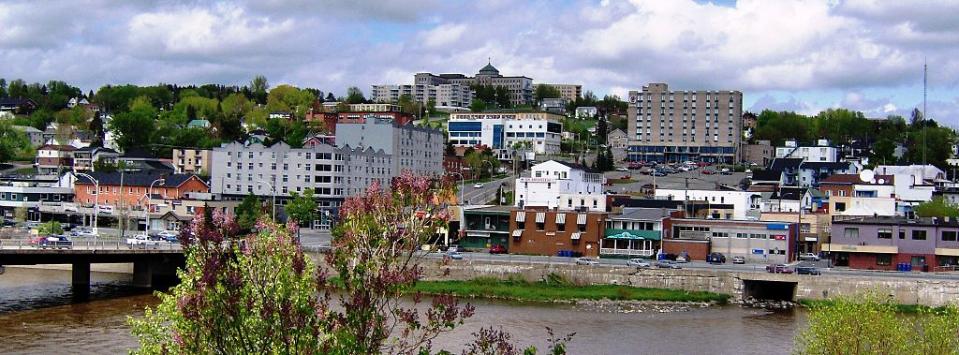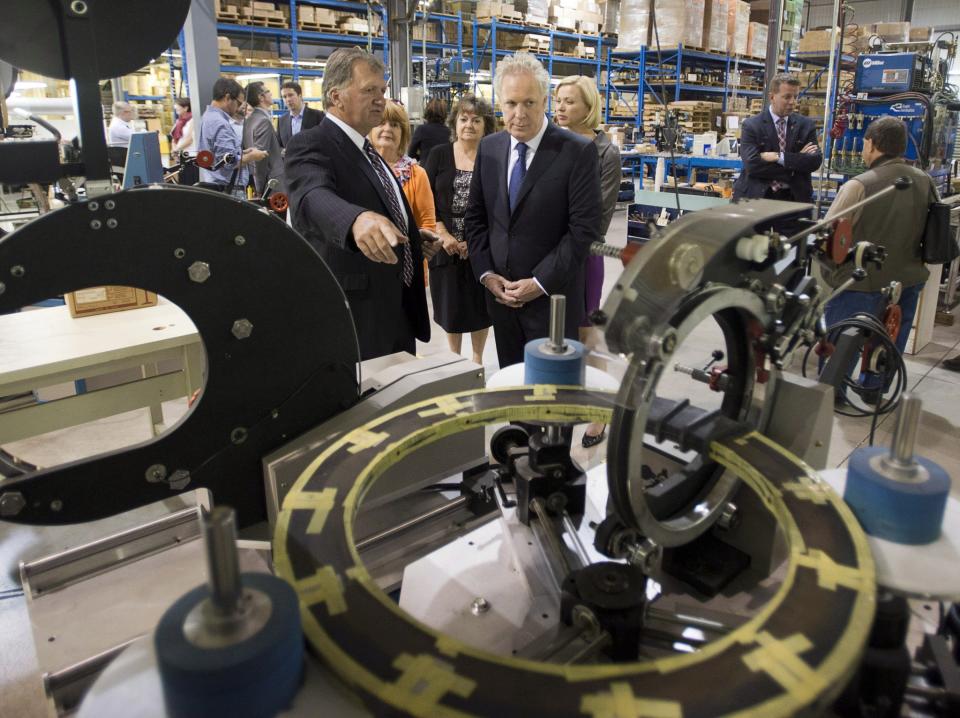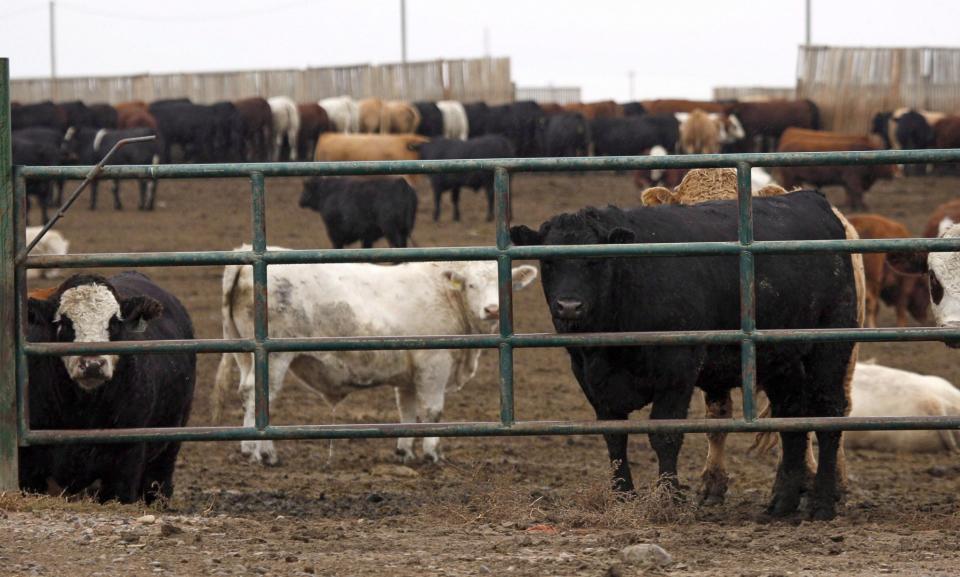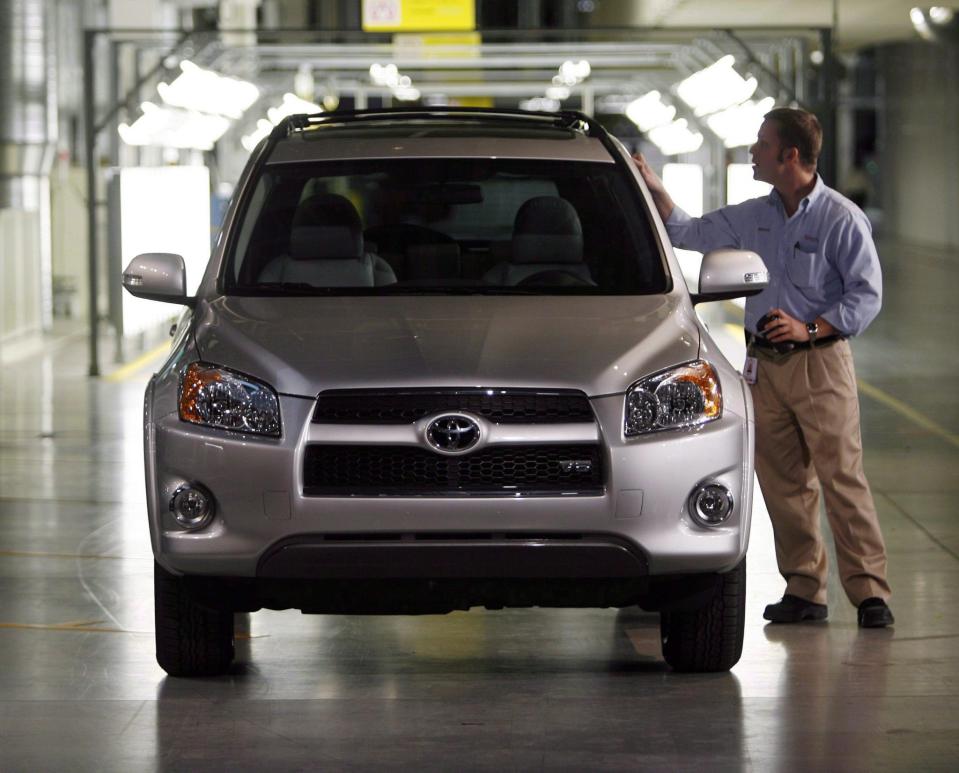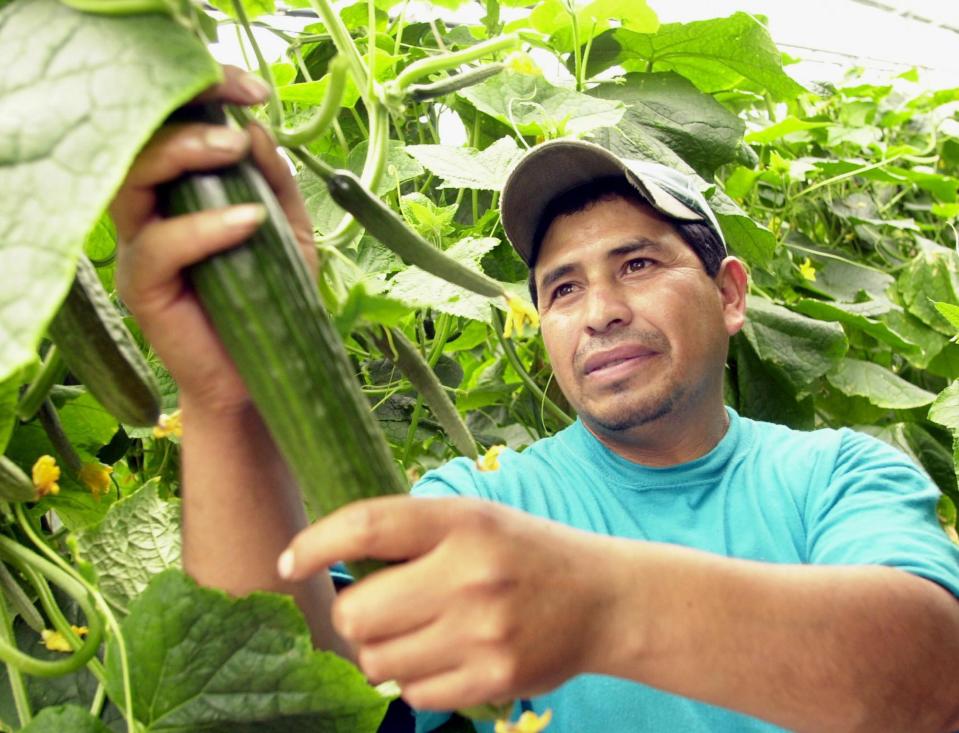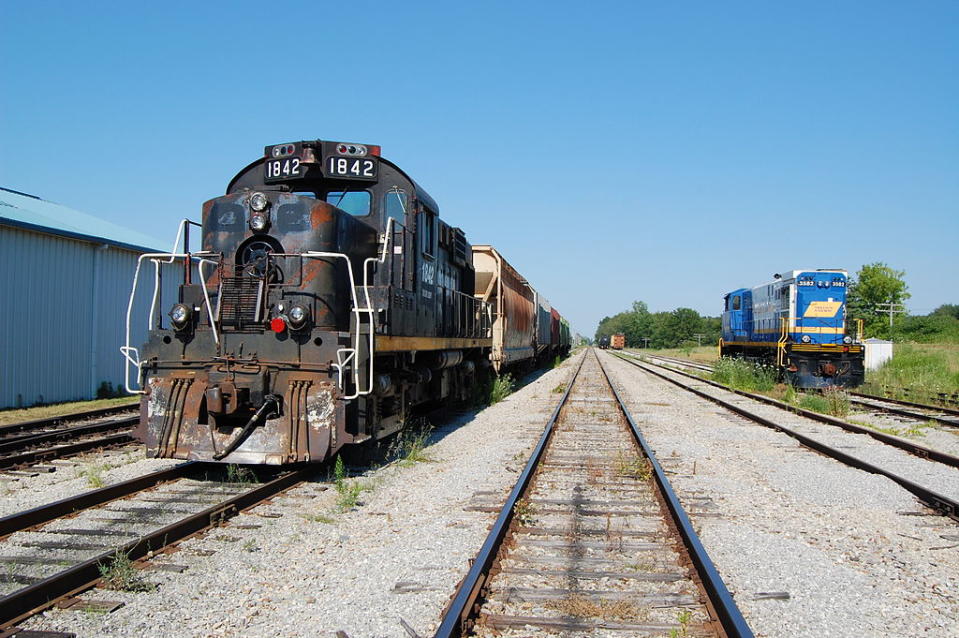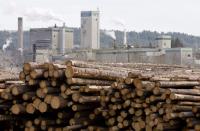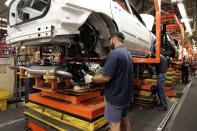Will automation replace jobs in these 15 Canadian communities?
Canada’s workforce is set to change drastically in the next few decades.
Previous reports have estimated that over 40 per cent of jobs are at high risk of being replaced through automation and the Canadian economy could shed between 1.5 million and 7.5 million positions.
But where exactly will these jobs be lost? And which communities are the most vulnerable?
To figure this out, the Brookfield Institute put together data on automation from consulting firm McKinsey & Company and employment statistics from the 2011 census to map the potential impacts.
The results were released in a report by the Toronto-based think tank on Thursday.
The research indicated that smaller regional economies that revolve around mining or manufacturing are the most vulnerable to automation. These are primarily concentrated in southwestern Ontario, southern Quebec and the Canada Prairies.
Click through the gallery to see which communities are facing the greatest risk.

 Yahoo Finance
Yahoo Finance 